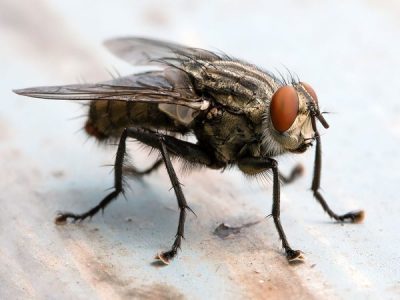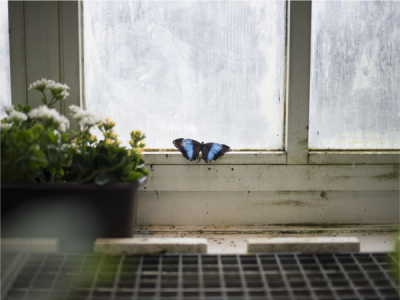It’s coming into Winter, which means snuggly blankets, hot chocolates, Brisbane’s famous ice-skating rink, oh, and rodents.
These furry pests may not be something you traditionally associate with the cooler months, but they’re definitely more of a risk to your home as we move into the middle of the year. As much as we don’t like to think too long on these unwelcome guests scurrying about our houses, it’s essential that rodents are properly identified before carrying out rodent extermination methods. The species will determine the best course of action when it comes to controlling and preventing rat and mice populations. Here are a few of Brisbane’s most common rat and mice species, and how to keep your home free of them.
Seen a mouse? Don’t fret! Get an expert Brisbane rodent control expert to your house, or call now on 07 3349 8572.
House Mouse
Also known by its scientific identification Mus musculus, the house mouse is an invasive species to Australia, believed to have originated in Central Asia. Unfortunately, it can make a home pretty much anywhere, especially in urban areas, and is the most common species of mice in Australia. The house mouse is incredibly durable and can breed from just two months of age, in temperatures from below freezing through to forty degree heat.
Infestations are common, especially after rain. The house mouse can be identified by its large round ears, bulging eyes and small head, olive-brown coat and chisel-shaped incisors. However, other small native marsupials such as Antechinus are often mistaken for house mice.
Black Climbing Rat
Also known as a ship rat, or rattus rattus, this is the most common invasive species of rat in the Brisbane region. As its name suggests, it’s a very accomplished climber and is capable of making a home in a wide variety of urban environments, but is particularly prevalent in roofs and verandahs. It typically has a steel-grey coat and a very long tail. It’s partial to fruit and nuts, so if you find little nibbles taken out of your pawpaw or avocado, this little critter could be the culprit.
Brown Rat
Also known as a sewer rat, Norway rat or rattus norvegicus, brown rats are usually found in port cities, hanging about drains, wharves, and yep, you guessed it, sewers. They’re big fans of dank, dark places and can be spotted lingering around Brisbane homes situated near creeks and waterways. They have small ears, shaggy brown fur and thick tails. Their body is quite longer and larger than the black rat. They’re notoriously unpleasant creatures and very difficult to catch. Brown rats feed mostly on insects, eggs and scraps, and burrow instead of climbing.
Native Rodents
Above we have outlined the three most common species of invasive rodents in the Brisbane region. However, there are seven native species of rodent that are actually protected under QLD law, including the bush rat, water rat, water mouse and two types of melomys. Unfortunately, it can be extremely difficult to correctly identify which species of rodent is wreaking havoc in your home, especially since they’re nocturnal creatures that you may hear and smell, but never see. Needless to say, you don’t want to pick one up and have a good old inspection yourself, either! But it’s important to suss out whether the rodent is native and protected before laying down traps.
Solving the Difficulty with Identification
This is where it’s best to call in an expert to deal with a rodent infestation in your home. Not only will they be able to properly identify the species, but they will also plan the best course of action to remove the pest, based on this information. Furthermore, laying traps yourself can be a dangerous and tricky business, especially if you have young children or pets in your home. Rat bait can also attract and harm possums, which are a native animal protected by law. Killing possums can leave you in a sticky business indeed, with hefty fines to pay! It’s much easier to simply call in the professionals and have them deal with the situation.
If you’ve noticed signs of rodent activity in your home; droppings, chewed electrical wires, urine marks or nibbled food, contact Cure All Pest Control today for a site inspection.



